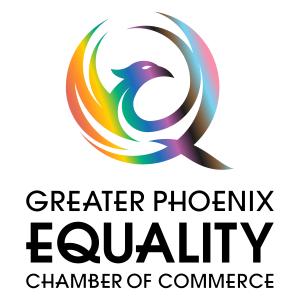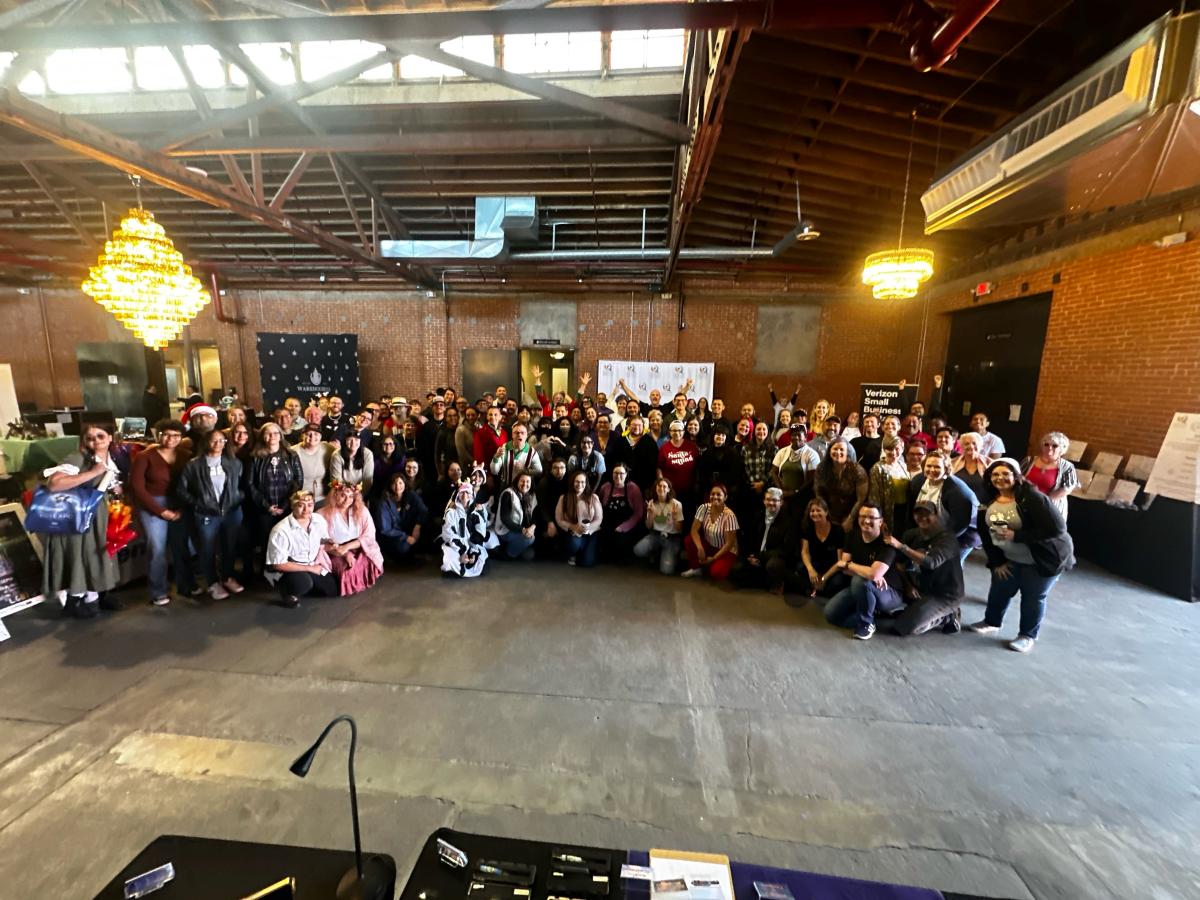3rd Annual Queer Holiday Market - Vendor Terms & Conditions
By registering as a vendor for The 3rd Annual Queer Holiday Market, you agree to the following terms and conditions:
1. Vendor Eligibility
- The 3rd Annual Queer Holiday Market is open to LGBTQ+ and allied artists, makers, and small businesses.
- All vendors must comply with local laws and regulations regarding sales, taxes, and required permits.
2. Booth Registration & Fees
- Vendor spaces are limited and Equality Chamber members will be prioritized.
- Booth fees must be paid in full at the time of registration to secure your spot.
- Vendors are responsible for bringing their own setup, including tables, chairs, and any additional display materials.
3. Cancellation & Refund Policy
- Vendors may cancel their registration and receive a partial refund if requested at least 30 days prior to the event date.
- Cancellations made within 30 days of the event are non-refundable.
- Refund requests must be submitted in writing via email to admin@
4. Event Day Expectations
- Vendors must arrive on time for setup and remain open for the duration of the event.
- Late arrivals or early departures may result in exclusion from future events.
- Vendors are responsible for keeping their space clean and free of debris.
- To maintain a consistent and professional experience for all attendees, booth sharing is not permitted. Each vendor must have their own designated space. If you have any questions about this policy, please don’t hesitate to reach out.
-Your booth must be self-contained. You will not be allowed to hang anything on walls or other surfaces.
5. Liability & Safety
- The event organizers, venue, and affiliated partners are not responsible for any lost, stolen, or damaged property.
- Vendors participate at their own risk and must ensure that their products and setup comply with safety standards.
6. Code of Conduct
- The 3rd Annual Queer Holiday Market is an inclusive and welcoming space. Vendors must uphold values of respect, kindness, and professionalism.
- Discriminatory, offensive, or inappropriate behavior will not be tolerated and may result in removal from the event without refund.
7. Weather & Event Changes
- The event will proceed rain or shine unless otherwise communicated by organizers.
- In the case of unforeseen circumstances or changes, vendors will be notified as soon as possible.
By completing your registration, you acknowledge and agree to these terms and conditions.
For questions or concerns, don't hesitate to get in touch with Pedro Jungk at pedro.jungk@.
Show more

Show less





